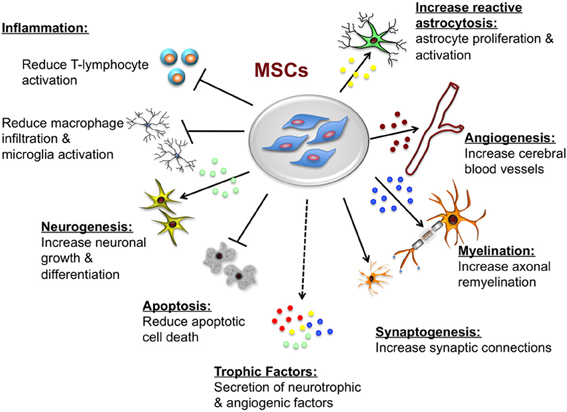Immune system under threat due to drugs and alcohol

Immune system under threat due to drugs and alcohol and the solutions lies on timely treatment
Immune system under threat due to drugs and alcohol: Consequences of weak immune system
Is your immune system failing you? What could be the problem behind that? Experts have established that immune system under thereat thanks to the prevalence of alcohol and drug abuse. Because of this findings, it is important to ask yourself some questions just to be sure of how drugs and alcohol affects immune system in people’s lives. Do you have any idea how this can be dangerous for your own life? These are some of the concerns we want to address in this discussion and because it involves the soldiers who protects you from attacks of diseases, be my guest as we unlock the potential truth about the benefits of keeping a strong immune system.
Now to set the ball rolling, let us find out the professional definition of immune system. Doctor Dalal Akoury (MD) who is also the founder of AWAREmed Health and Wellness Resource Center gives the definition of the immune system as a network of cells, tissues and organs working in solidarity to defend the body against disease, infection and viruses. It therefore means that the immune system is one of the strong pillars that work in defense of our health and the general wellbeing of our lives. Meaning that if this system is damaged or reduced or incapacitated and does not work as efficiently as it should, a person will become vulnerable to attacks by various sicknesses or illness from infections or viruses.
Immune system under threat due to drugs and alcohol: The known inhibitors of immune system
Experts at AWAREmed Health and Wellness Resource Center while carrying out research has established that drugs and alcohol are some of the well-known inhibitors of the immune system. And the consequences of that can only mean that those who abuse substances of whatever kind will lose their foot soldiers that defend then to the various attacks and therefore when they are attacked and fall sick, they are likely to take longer period of time to heal from their infections in relation to other people with stronger immune system.
Doctor Akoury reiterates that the implications can be very disturbing when the immune system is deficient in anyone’s life. Under this circumstances if a person abuses drugs or alcohol, such persons shall be subjecting their health to increased risk of contracting certain diseases including pneumonia, respiratory infections, blood-borne viruses such as HIV or Hepatitis and sexually transmitted diseases. Besides that, if they have a predisposition to cancer, heart disease or kidney disease, these conditions are more likely to occur. The list of substances that are likely to be abused by people is endless and the following are just but a few for the purpose of this discussion:
- Alcohol
- Marijuana
- Methamphetamine
- MDMA and Club drugs
- HIV/AIDA and Hepatitis
And as we have already mentioned the list is endless we will be progressively discuss these substances in details in our subsequent postings. Your knowledge of all these is very important if you want to keep your immune system away from the threats of alcohol and drug abuse. But in the meantime, substance abuse is a killer problem that you must not allow to stay longer in your life. Doctor Akoury is an addiction expert and has been of help for millions of people across the globe. If only you can schedule for an appointment with her, your problems could be corrected out professionally.
Immune system under threat due to drugs and alcohol: Consequences of weak immune system
http://regenerativepotential.com/wp-admin




 In a research study done at School of Medicine,
In a research study done at School of Medicine, 




